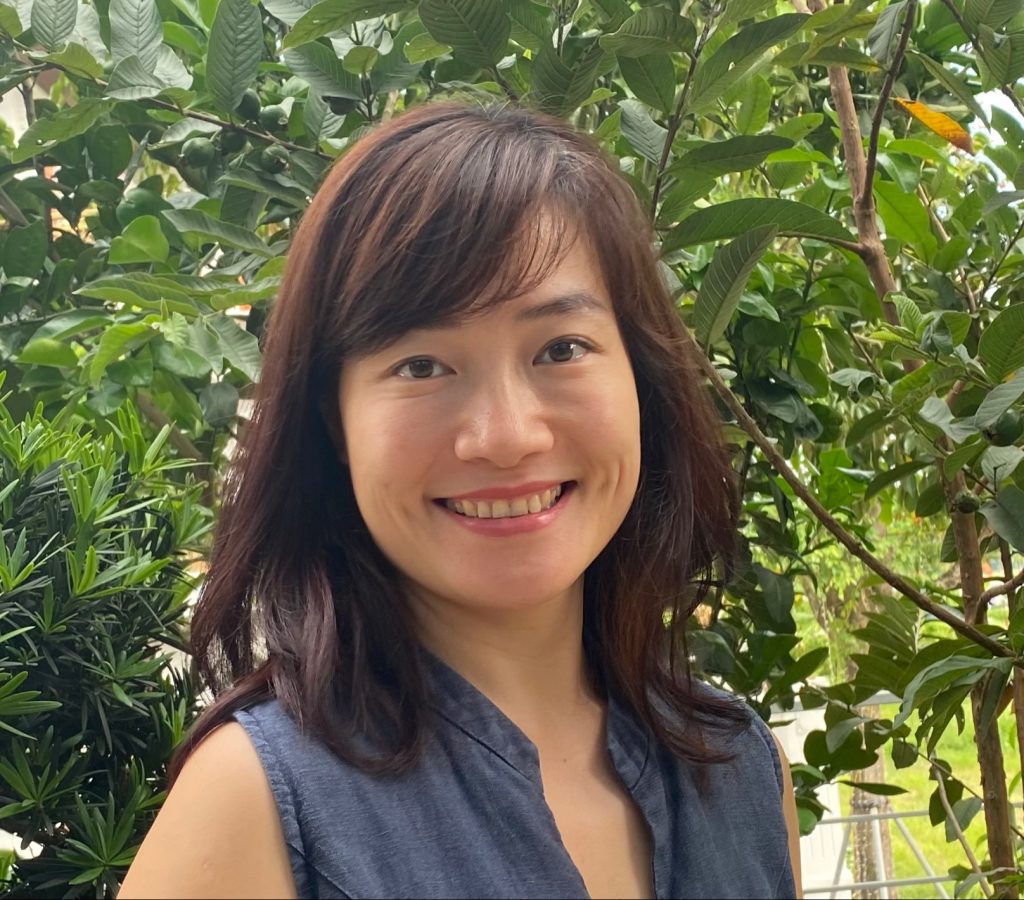
Hi, I’m Phuong Pham. In my current role as Research Director for the USAID Learns activity, I lead a team providing research services to USAID/Vietnam and its implementing partners. We try to ensure that our values around engaging local stakeholders in evidence generation and use, and prioritizing local voices in our work spread to our research efforts. However, achieving it seems to constantly elude us. Below I share three examples where we were able to make localization more of a reality.
Lessons Learned
Localize from the start: use scoping as the entry point. In my experience, there is no better way to ensure that the research products can be locally used than by engaging stakeholders as early as possible in scoping, addressing the right questions that matter most to local users. I worked on a unique evaluation of a forestry program – my first assignment that was not only scoped with but even initiated by the program’s local government partner. Throughout, we built on existing strong relationships between USAID, the implementing partner, and the government to align different learning needs, making the research process a learning partnership between all stakeholders and the evaluation team.
Localize throughout: use participatory methods. Another evaluation examined the sustainability of a competency-based medical education (CBME) approach. Acknowledging that CBME will be implemented and sustained by the local stakeholders, it was crucial for the research team to understand what sustainability means in the local context and defined by the stakeholder. Tapping into local experience and expertise was the heart of the assignment. The evaluation employed a participatory approach, focusing on creating conditions and facilitating forums for stakeholders and experts to share their insights. Stakeholders were invited to a validation event where they contributed directly to sense-making and validating preliminary findings and co-developing recommendations. As a result, the findings and recommendations were strongly perceived as useful in guiding the work-planning process and future design by the stakeholders.
Localize throughout: think in, see, and analyze local systems. A third evaluation examined whether a trade facilitation program was addressing the government’s priorities and private sector needs. Hence, with this evaluation, listening to the local system and exploring how it responded to interventions from local perspectives was essential. The evaluation applied USAID’s 5R Framework (Results, Roles, Relationships, Rules, and Resources) and a systems thinking approach, conducting a stakeholder mapping exercise to identify all key stakeholders influencing the system. The 5R Framework guided the evaluation toward valuable recommendations for the program to focus on during its remaining time.
Localization can also come in the form of simply building research teams with strong local experts—another way of tapping into the local knowledge—who have a strong understanding about the local context, good connections, and proven capacity. Besides, the most critical piece of localization in research is to understand and adhere to local formal and informal expectations. These simple but important elements of localization hold true for all the above examples.
Localization or promoting stakeholder engagement did not come without challenges. It is hard to balance the focus of the research to address the learning needs of both sides: the client (who pays for the evaluation) and the local partners. Localization can also mean more time-consuming consultative and participatory processes that can extend the length of the assignments. Maintaining independence was also a constant challenge in doing an evaluation with active engagement from local stakeholders.
Enhancing local stakeholder engagement has never been an easy road, but it provided us with powerful and valuable lessons, and certainly, is a worthwhile journey toward promoting evidence use and sustainable development results.
Do you have questions, concerns, kudos, or content to extend this AEA365 contribution? Please add them in the comments section for this post on the AEA365 webpage so that we may enrich our community of practice. Would you like to submit an AEA365 Tip? Please send a note of interest to AEA365@eval.org. AEA365 is sponsored by the American Evaluation Association and provides a Tip-a-Day by and for evaluators. The views and opinions expressed on the AEA365 blog are solely those of the original authors and other contributors. These views and opinions do not necessarily represent those of the American Evaluation Association, and/or any/all contributors to this site.e.
